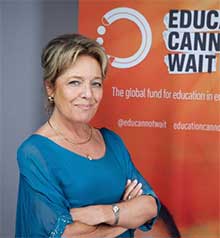
Armed Conflicts, Civil Society, Global, Global Governance, Headlines, Human Rights, Humanitarian Emergencies, TerraViva United Nations
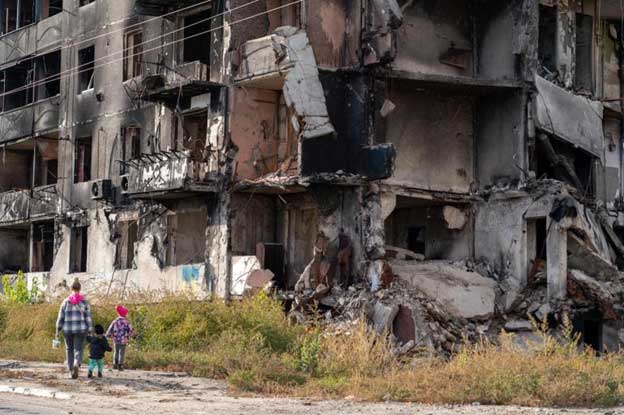
A family walks past a heavily damaged building in Borodianka, Ukraine. Multiple threats are converging to leave families reeling. But putting children at the centre of the response can help shape a brighter future. Credit: UNICEF/UN0765276/Filippov
– The year 2022 was incredibly difficult for people around the world. We were confronted by a series of major crises, including a continuing pandemic, a major war in Europe, an energy crisis, rising inflation and food insecurity.
These events hit children particularly hard, compounding the already severe impacts of the COVID-19 pandemic. Millions of children had to flee their homes because of conflict or extreme weather events. At the same time, child malnutrition and the number of children in need of humanitarian assistance rose.
The war in Ukraine, for example, has led to higher food and energy prices, which in turn has contributed to rising global hunger and inflation. Efforts to address inflation through rising interest rates in the US have driven up the value of the dollar against other currencies, making developing countries’ imports, debt repayments and their ability to access external financing more difficult.
As we explain in our new report, ‘Prospects for Children in the Polycrisis: A 2023 Global Outlook’, these realities have added up to what has been termed a ‘polycrisis’ – multiple, simultaneous crises that are strongly interdependent.
As we look to 2023, it’s clear that the polycrisis is likely to continue shaping children’s lives. The effects of these intertwined and far-reaching trends will be difficult to untangle, and solutions will be difficult to find as policymakers struggle to keep up with multiple urgent needs.
The situation is particularly dire in economically developing countries. Higher food and energy prices have contributed to a rise in global hunger and malnourishment, with children among the most affected.
The polycrisis is also limiting access to healthcare for many children, making it harder for them to receive treatment and routine vaccinations. Recovery from learning losses caused by the closure of schools will be slow and felt for years to come, while the shift to remote learning has left children from low-income families facing the greatest challenges in catching up.
At the same time, the combination of higher financing needs, soaring inflation and a tighter fiscal outlook will widen the education financing gap needed to achieve the Sustainable Development Goals.
Climate change, too, is also a part of this polycrisis, with visible effects, including devastating floods in Pakistan and droughts in East Africa, making it harder for children to access education, food and healthcare, and causing widespread displacement of populations.
All these factors have led UNICEF to estimate that 300 million children will be in need of humanitarian assistance this year. This staggering number highlights the urgency for international organizations and governments to step in and provide assistance.
But the polycrisis doesn’t have to lead to further instability or, ultimately, systemic breakdown. Some of the stresses we saw in 2022 have already weakened, and new opportunities may arise to alleviate the situation.
For example, food and oil prices have dropped from their peaks, and good harvests in some countries may help to lower global food prices. Fortunately, we know there are solutions and strategies that work.
One potential solution is to increase investment in social protection programmes, such as cash transfers and food assistance, which can help alleviate the immediate economic impacts of the polycrisis on families. These programmes can also help to build resilience and reduce vulnerabilities.
The establishment of learning recovery programmes will help tackle the learning losses and prevent children from falling further behind. And early prevention, detection and treatment plans for severe child malnutrition have been effective in reducing child wasting.
Ultimately, a coordinated and collective effort is needed to protect the rights and well-being of children. This includes not only providing immediate assistance but also addressing the underlying causes of the polycrisis and building resilience for the future.
This cannot be achieved without a more coordinated and collective effort from international organizations and governments to help mitigate the effects of the polycrisis and protect children’s futures.
And, crucially, we must listen to children and young people themselves so that we can understand the future they want to build and live in. In fact, we followed this approach when we were assessing trends for ‘Prospects for Children in the Polycrisis’, asking young people from across the world age 16 to 29 to give us their views on some of the challenges their generation faces.
It’s critical that we take action to protect the most vulnerable among us. The future may be uncertain, but by working together we can help to build a better future for our children.
Jasmina Byrne is Chief of Foresight and Policy, UNICEF Innocenti – Global Office of Research and Foresight.
‘Prospects for Children in the Polycrisis: A 2023 Global Outlook’, produced by UNICEF Innocenti – Office of Global Research and Foresight, unpacks the trends that will impact children over the next 12 months.
Source: UNICEF
IPS UN Bureau

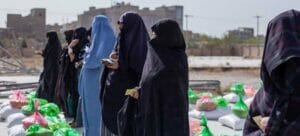
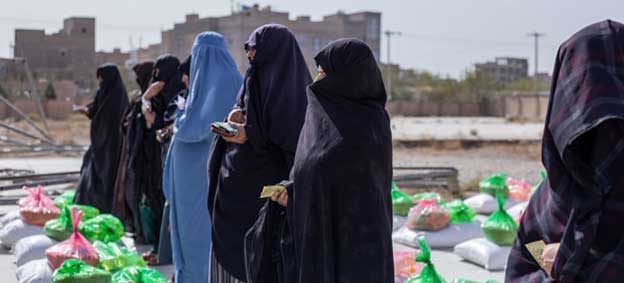


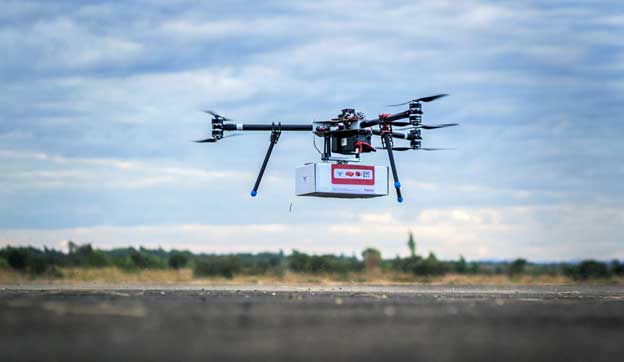
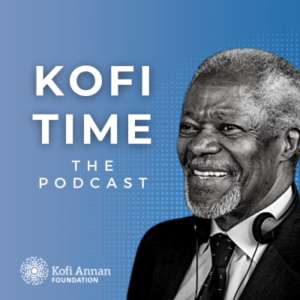
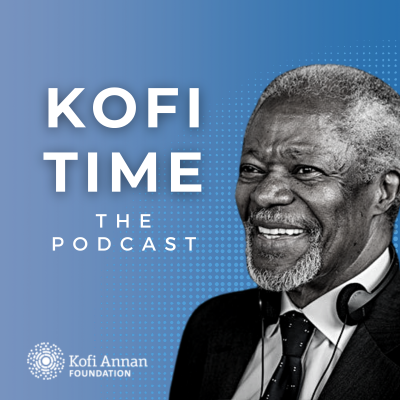
 Kofi Annan’s call to bring all stakeholders around the table — including the private sector, local authorities, civil society organisations, academia, and scientists — resonates now more than ever with so many, who understand that governments alone cannot shape our future.
Kofi Annan’s call to bring all stakeholders around the table — including the private sector, local authorities, civil society organisations, academia, and scientists — resonates now more than ever with so many, who understand that governments alone cannot shape our future.





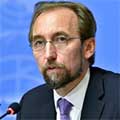
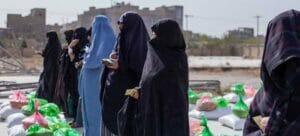
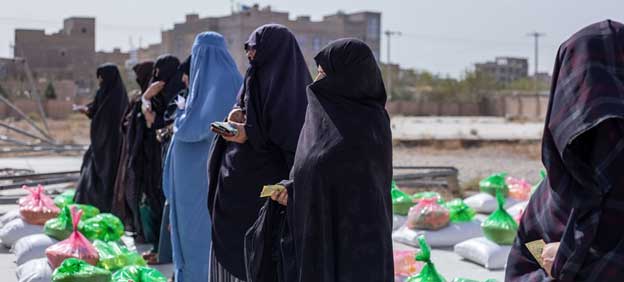
 This deliberate slew of measures of discrimination against Afghanistan’s women and girls is also a terrible act of self-sabotage for a country experiencing huge challenges including from climate-related and natural disasters to exposure to global economic headwinds that leave some 25 million Afghan people in poverty and many hungry.
This deliberate slew of measures of discrimination against Afghanistan’s women and girls is also a terrible act of self-sabotage for a country experiencing huge challenges including from climate-related and natural disasters to exposure to global economic headwinds that leave some 25 million Afghan people in poverty and many hungry. 